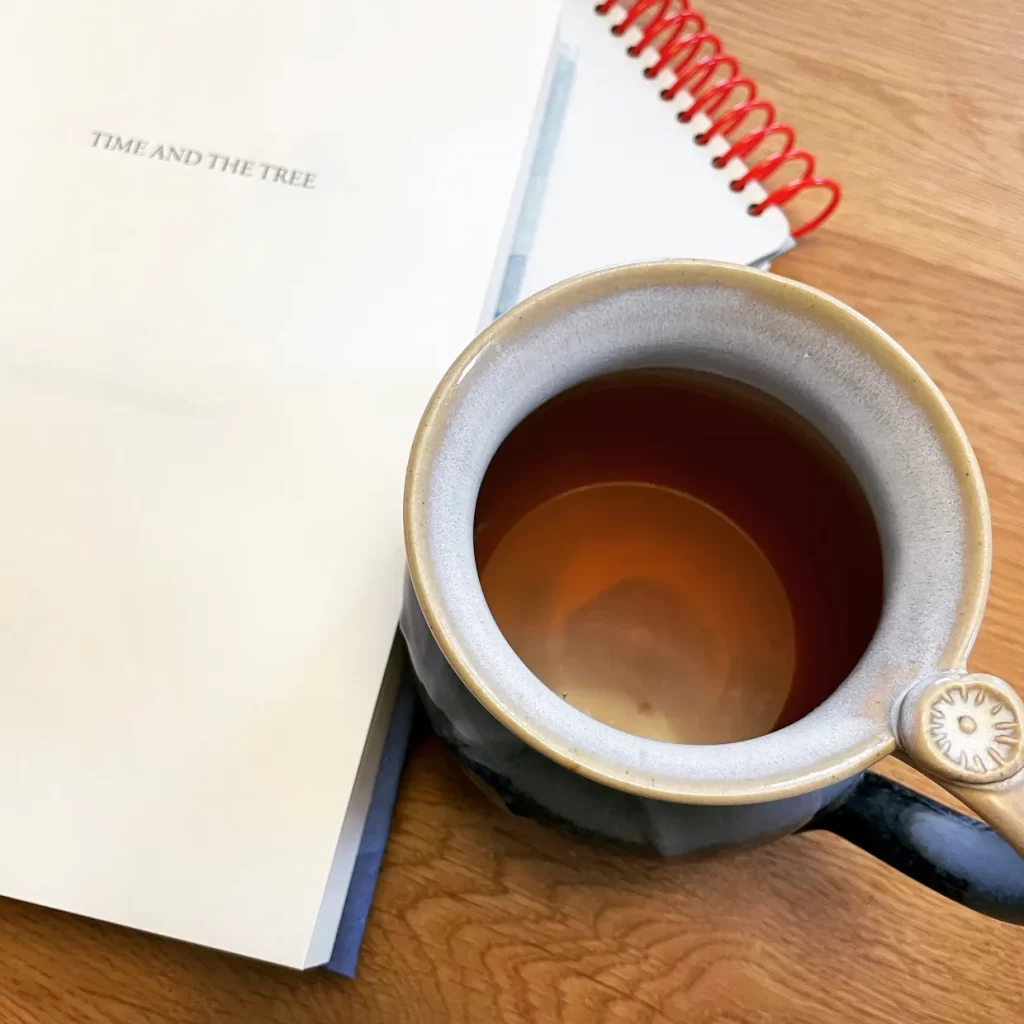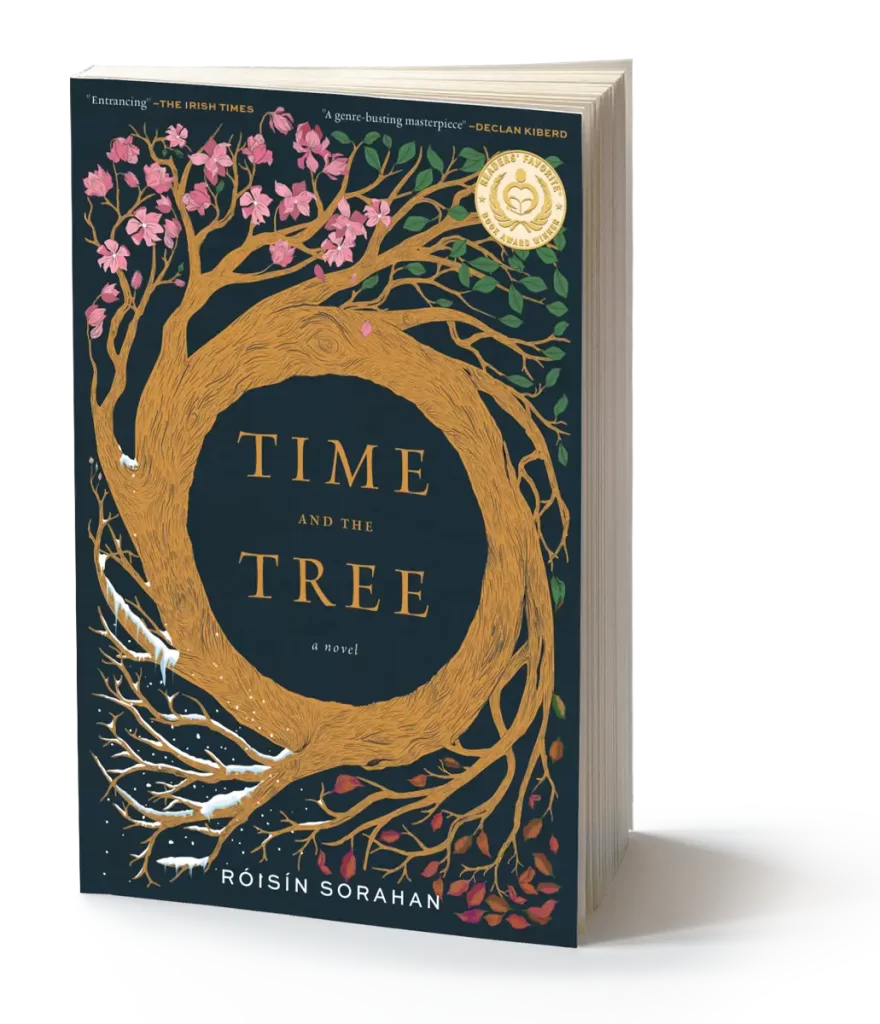In Conversation – Adelaide Literary Magazine


IN CONVERSATION WITH RÓISÍN
A book like Cormac McCarthy’s The Road is a fine example of how words can hold beauty and horror in balance. In the right hand, they’re forever stretching outward, looking to gain new ground and new perspectives.
How would you describe your writing style?
There’s a rhythm to the writing that refines dialogue, both internal and spoken, to the satisfying return of the well struck ball.
What distinguishes you as a writer?
I’ve travelled across so many borders now, that boundaries cease to carry meaning for me, enabling me to scratch beneath the parochial to reach the personal.
What place most captured your imagination on your travels?
The road. When I quit my job to travel the world, I thought I’d find places that urged me to linger. But I’m never happier than when I’m sitting at the window of a filthy bus, navigating a mountain pass.
Where did your inspiration for Time and the Tree come from?
Time and the Tree evolved over the course of my travels. Having abandoned the world of routine and deadlines, I had time and space to think.
The road opened my eyes to the possibilities that life offers, and the strangleholds we place upon ourselves. I became more aware of choices I hadn’t even realised I had made. I also became convinced that there are many different ways to live life well, and fully.
Time and the Tree doesn’t fit neatly into a genre. How would you describe it?
It is an odd book that defies traditional categories. But it is also a very simple book that treats complex notions of time, and happiness, with the lightness of slapstick and comedy.
It was a joy to write. It made me laugh aloud. It also required a depth of compassion and the awareness that one’s path through life is neither fixed nor immutable.
Why use the format of the fable to tell this story?
Fables have always been subversive. They employ a childlike simplicity that takes you by the hand and brings you to places you might never have otherwise ventured. Before you know it, you’re in the basement in the dead of night, while the wind howls and the electricity fails.
Typically, fables also lead you home again; though the meaning of ‘home’ may have dramatically changed from when you set out on the journey.
What constitutes a great novel?
For me, a great novel captures thoughts and emotions that are held in the spaces between words. John McGahern’s That They May Face the Rising Sun exemplifies this.
What other writers do you admire?
I find Kevin Barry’s linguistic mastery a constant source of inspiration and a daunting gauntlet thrown. And I look to writers Elizabeth Strout, Elena Ferrante and Rachel Cusk to navigate the interior landscape.
What motivates you?
Regret. It terrifies me. I don’t want to stand still and be left wondering what lay around the next bend.
What’s your favourite part of the writing process?
On a good day, time falls away and the words uncover truths I hadn’t even known to look for.
Interview with the Author is carried in Adelaide Literary Magazine.
© Róisín Sorahan